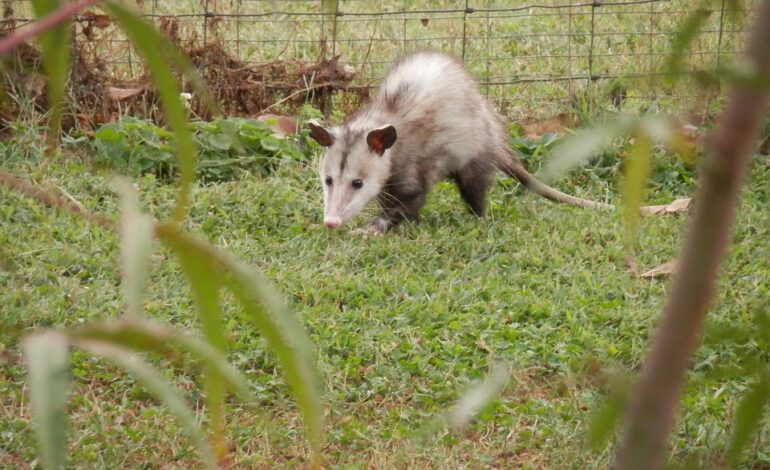Yes, birds can cause allergies. The feathers, dander, droppings and dust from birds can all contain allergens that can trigger an allergic reaction in some people.
Sneezing, a runny nose, itchy eyes, and trouble breathing are all possible symptoms. People who are allergic to birds should stay away from them and do all they can to lessen their presence in their immediate environment.
How do allergies occur?
Allergies occur when the immune system mistakes a normally harmless substance for a dangerous invader and overreacts to it. This overreaction causes the release of chemicals such as histamine, which cause the symptoms of an allergic reaction.
When a person is first exposed to an allergen, their immune system produces specific proteins called antibodies to fight it off. The next time the person is exposed to the same allergen, the antibodies recognize it and signal the immune system to release histamine and other chemicals, leading to an allergic reaction.
Allergies can be inherited, so if a parent or sibling has allergies, a person is more likely to develop allergies as well. The persistent contact with an allergen can potentially cause an allergic reaction over time.
What are some common allergens related to birds?
Among the most typical avian allergens are:
- Feathers: Feathers contain a protein called keratin, which can cause an allergic reaction in some people.
- Dander: Dander is tiny flakes of skin that birds shed, it contains proteins that can cause an allergic reaction.
- Droppings: Birds droppings contain allergens that can become airborne and cause an allergic reaction when inhaled.
- Dust: Dust from bird feathers, dander, and droppings can contain allergens that can cause an allergic reaction when inhaled.
- Mites: Some birds may host feather mites, which can cause an allergic reaction in some people.
Common signs of an allergy to allergens found in birds include sneezing, a runny nose, itchy eyes, and even breathing difficulties. People who are allergic to birds should stay away from them and do all they can to lessen their contact from their environment.
How common is allergy to birds and how to find if I am allergic to birds?
Allergies to birds are relatively common, but the severity can vary greatly from person to person. Some people may only experience mild symptoms, while others may have a severe allergic reaction.
A visit to an allergist or immunologist might help you determine if you have a reaction to birds. They will most likely conduct a medical examination and inquire as to your current state of health. A skin prick test or blood test may be used to confirm a bird allergy.
A skin prick test is a simple and quick test that can be done in the doctor’s office. It involves exposing the skin to small amounts of allergens and then observing the skin for a reaction. If you are allergic to the allergen, the skin will become red and swollen.
A blood test, also known as RAST test, can also be done to identify the allergen-specific IgE, a type of immune protein, which would indicate an allergic reaction.
Can dogs be allergic to birds?
Yes, dogs can be allergic to birds. Just like in humans, an allergic reaction in dogs occurs when their immune system mistakes a normally harmless substance for a dangerous invader and overreacts to it.
Dogs can be allergic to the feathers, dander, droppings, and dust from birds. Symptoms of an allergic reaction in dogs may include itching, redness, swelling, and skin irritation. Some dogs may also develop respiratory symptoms such as sneezing, coughing, and difficulty breathing.
You should take your dog to the vet if you think he or she has an allergy to birds. They will most likely do a physical checkup and question you about your dog’s condition. Also, in order to pinpoint the offending meal, they may suggest allergy testing.
If your dog has an allergy to birds, you should keep them away from birds and do all you can to lessen their contact with bird allergens in the surroundings. Your vet may also suggest drugs or vitamins to help alleviate the signs of an allergy attack.




